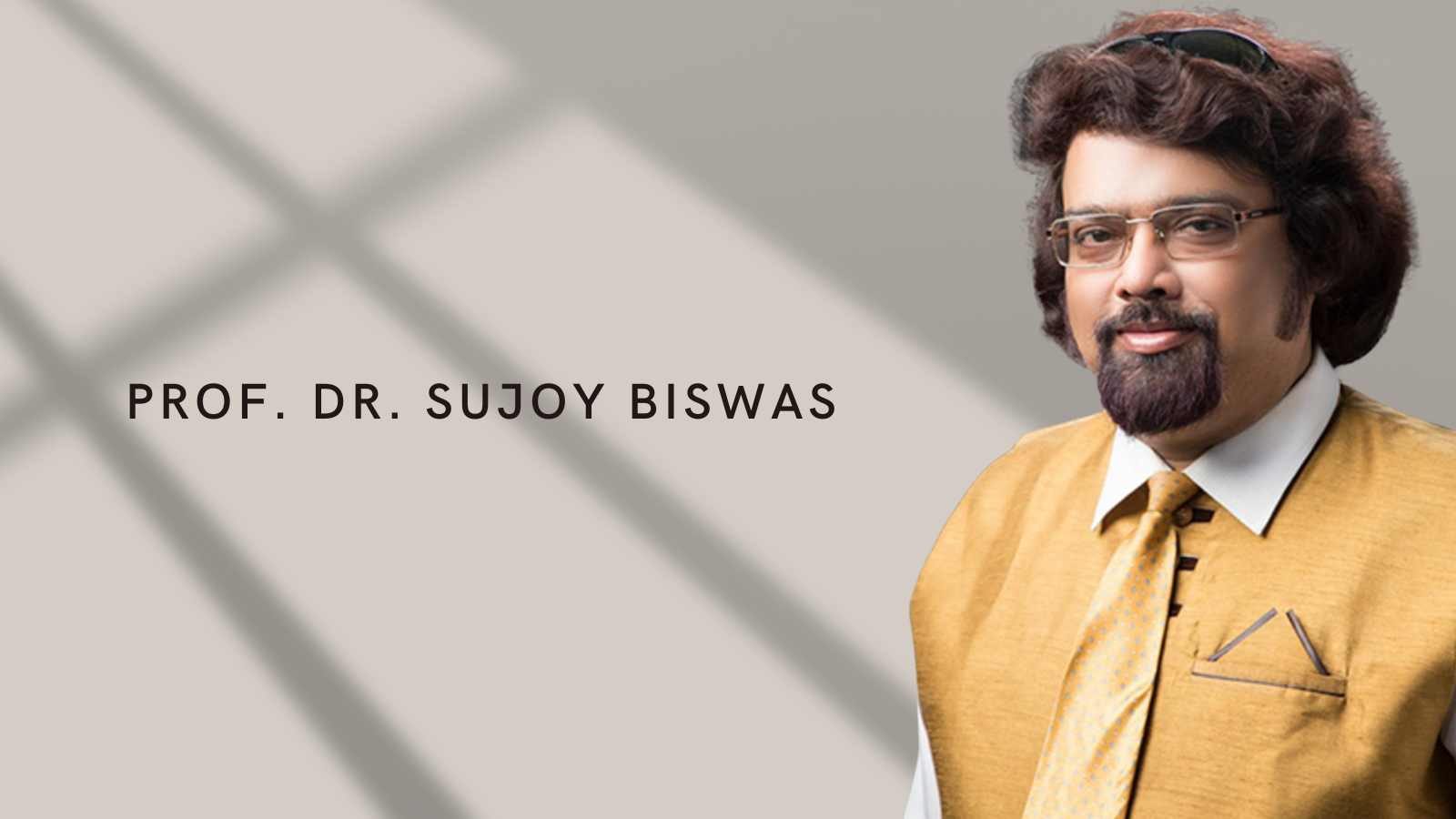EDUCATION IS THE MANIFESTATION OF THE PERFECTION ALREADY IN MAN – VivekaVani
Education is not about acquiring new knowledge or skills, but rather about bringing out the inherent perfection or potential that already exists within an individual. It implies that education is a process of self-discovery and self-realization, where individuals uncover and develop their innate qualities, talents, and abilities.
EDUCATION AND LEADERSHIP indeed present a challenge when it comes to building the future. Both are crucial components in shaping individuals and societies, and their interplay can greatly influence the direction a society takes. Here are some key points to consider:
- FOSTERING FUTURE-ORIENTED EDUCATION: Education needs to adapt to the rapidly changing world and equip individuals with the knowledge, skills, and attitudes required for the future. This includes promoting critical thinking, problem-solving, creativity, digital literacy, and adaptability. Education should focus on developing individuals who are lifelong learners and can thrive in a dynamic and evolving world.
- DEVELOPING LEADERSHIP SKILLS: Effective leadership is essential for addressing the complex challenges of the future. Leadership education should cultivate qualities such as vision, empathy, collaboration, communication, and ethical decision-making. It should encourage individuals to take initiative, embrace innovation, and work towards the common good.
- PROMOTING INCLUSIVE AND DIVERSE LEADERSHIP: Building a better future requires inclusive and diverse leadership that represents different perspectives and experiences. Education should actively promote diversity and inclusivity, ensuring that individuals from all backgrounds have access to quality education and leadership development opportunities. This can help challenge biases, foster empathy, and encourage collective problem-solving.
- ENCOURAGING GLOBAL CITIZENSHIP: In an increasingly interconnected world, education and leadership should emphasize global citizenship. This involves developing an understanding of global issues, promoting cultural competence, and nurturing a sense of responsibility towards the environment and the well-being of all humanity. Education should inspire individuals to become active global citizens who can contribute to positive change at local, national, and global levels.
- EMBRACING TECHNOLOGICAL ADVANCEMENTS: Education and leadership must adapt to the rapid advancements in technology and digital transformation. This includes integrating technology into educational practices, teaching digital literacy, and preparing individuals to navigate the digital landscape responsibly. Leaders need to understand and harness the potential of technology to drive innovation and address societal challenges.
- COLLABORATION AND PARTNERSHIPS: Addressing the challenges of the future requires collaborative efforts between educational institutions, governments, businesses, and civil society organizations. Partnerships can facilitate the exchange of knowledge, resources, and expertise, enabling the development of comprehensive educational programs and leadership initiatives that align with the needs of the future.
Building the future through education and leadership is a multifaceted endeavor that demands a holistic approach. By nurturing future-oriented education, developing effective leaders, promoting inclusivity and diversity, embracing global citizenship, leveraging technology, and fostering collaboration, societies can better equip themselves to tackle the challenges and opportunities of tomorrow.
EDUCATION FACES NUMEROUS CHALLENGES IN THE MODERN WORLD.
Here are some key challenges that are often discussed:
- ACCESS TO QUALITY EDUCATION: One of the fundamental challenges is ensuring equitable access to quality education for all individuals, regardless of their socio-economic background, gender, ethnicity, or geographic location. Disparities in educational opportunities can hinder social mobility and perpetuate inequalities.
- EDUCATIONAL EQUITY AND INCLUSION: Promoting equity and inclusion within educational systems remains a significant challenge. Many marginalized groups, such as children with disabilities, girls, ethnic minorities, and children from disadvantaged backgrounds, often face barriers in accessing education and may not receive the necessary support to thrive academically.
- ADEQUATE FUNDING: Insufficient funding for education can lead to overcrowded classrooms, inadequate infrastructure, and a lack of resources and teaching materials. It becomes challenging to maintain quality standards and provide an enriching learning environment without adequate financial investment.
- TEACHER QUALITY AND TRAINING: Teachers play a crucial role in education, but attracting and retaining high-quality educators can be a challenge. Ensuring that teachers receive adequate training, ongoing professional development, and competitive compensation is essential for maintaining the quality of education.
- ADAPTING TO TECHNOLOGICAL ADVANCEMENTS: The rapid pace of technological advancements presents both opportunities and challenges for education. Integrating technology effectively into classrooms, ensuring digital literacy for both students and teachers, and addressing the digital divide are ongoing challenges.
- CURRICULUM RELEVANCE AND FLEXIBILITY: Educational systems need to regularly update curricula to ensure their relevance to the evolving needs of society. A curriculum that is too rigid or disconnected from real-world applications can limit students’ ability to develop critical thinking, problem-solving, and creativity.
- ASSESSMENT METHODS: Traditional assessment methods focused on memorization and regurgitation of facts may not adequately measure students’ true understanding, skills, and abilities. Developing and implementing effective assessment strategies that assess a broader range of competencies can be challenging but essential for holistic education.
- GLOBALIZATION AND MULTICULTURAL EDUCATION: In an increasingly globalized world, education needs to prepare students to navigate diverse cultures and perspectives. Promoting multicultural education and global citizenship can be challenging, as it requires addressing biases, stereotypes, and promoting intercultural understanding.
- LIFELONG LEARNING AND SKILLS GAP: The rapid pace of change in the job market and technology requires individuals to engage in lifelong learning to stay relevant. Bridging the skills gap between the education system and industry demands is a challenge that requires close collaboration between educational institutions and employers.
- EDUCATION AND SUSTAINABLE DEVELOPMENT: Education plays a vital role in promoting sustainable development and addressing environmental challenges. Integrating sustainable development principles into the curriculum and fostering environmental awareness can be a challenge, but it is necessary for building a sustainable future.
Addressing these challenges requires concerted efforts from policymakers, educators, parents, and society as a whole. It involves promoting inclusive policies, ensuring adequate resources, enhancing teacher training and support, embracing technological advancements, and adapting educational systems to meet the evolving needs of individuals and societies.

